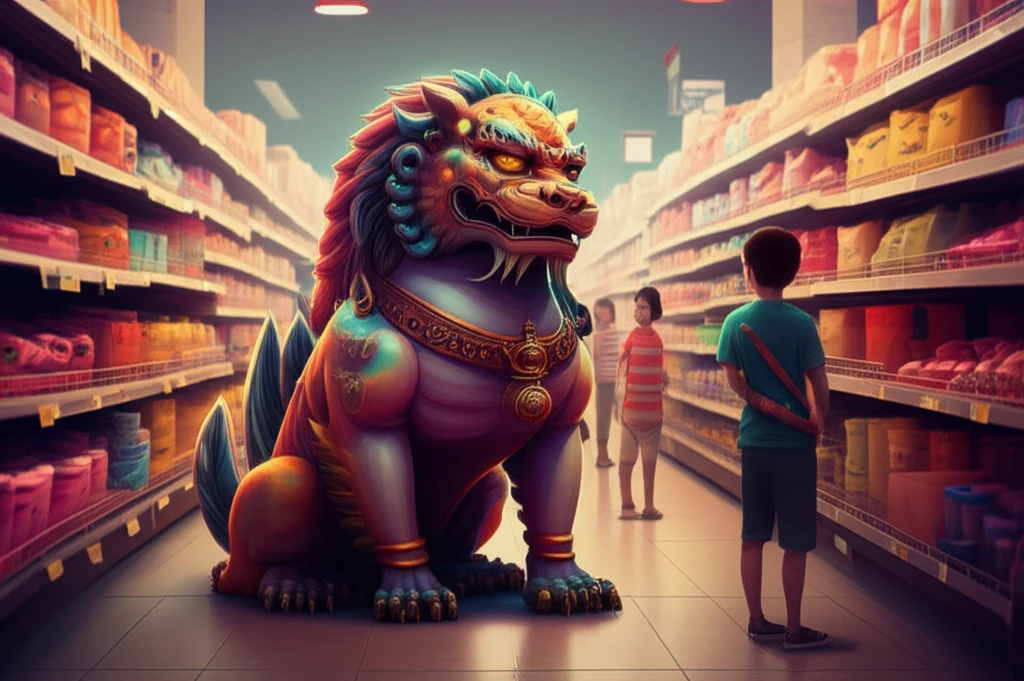
Decoding China's Moral Market: Why Food Scandals Reveal More Than Just Bad Apples
"A deep dive into how Chinese citizens navigate food safety concerns, state responsibility, and the evolving concept of moral economy in a rapidly changing market."
Imagine dining with a 'fake-fighter' in China, someone who dedicates their life to exposing counterfeit goods. This was the reality in October 2009, as conversations unfolded about the politics of consumption and the state's role in safeguarding its citizens. The cynicism was palpable, a belief that genuine consumer welfare required fundamental shifts at the highest levels of government.
In contemporary China, the anxiety surrounding food quality and safety isn't just a matter of individual concern; it's a societal reflection of moral expectations placed on state institutions. When injustices are perceived, Chinese consumer-citizens often bypass legalistic interpretations of consumer rights, appealing instead to broader ideals of fairness and state accountability. This perspective echoes historical concepts of moral economy, where the state is seen as a paternalistic guardian, responsible for the well-being of its people.
This article explores how Chinese citizens' moral imaginings of the market implicate state actors and institutions. By examining these perceptions, we can redefine our understanding of the commodity relationship, moving beyond simplistic buyer-seller dynamics to include the crucial role of the state in mediating these interactions through law and regulation. The goal is to explore the political potential of consumer rights and the complex interplay between consumption and citizenship in modern China.
The Paternalistic State: Expectations vs. Reality

The concept of a moral economy has deep roots, echoing Aristotelian ideals of fairness and just pricing. In essence, it provides a platform for articulating shared grievances, rooted in a community consensus that traditional rights and customs should protect the welfare of all, especially the vulnerable. In China, this translates to an expectation that the state will act as a moral actor, ensuring the market operates fairly and safely.
- Weak Enforcement: Laws exist but are not consistently or effectively enforced.
- Corruption: Government officials may be susceptible to bribery, undermining regulatory efforts.
- Imbalance of Power: Individual consumers struggle against powerful manufacturers and retailers.
Reclaiming Moral Economies
The moral economy of food safety in China reveals a complex interplay of historical expectations, state actions, and individual perceptions. By demystifying the state's role in the food system and recognizing consumers' efforts to re-embed and re-politicize food production and regulation, we can move towards a more nuanced understanding of this critical issue. States influenced by neoliberal ideology will always attempt to absolve themselves of responsibility for the ills of the market, from child labor to fake pharmaceuticals, and they must be reminded that moral economies underlie relationships between states and citizens.
